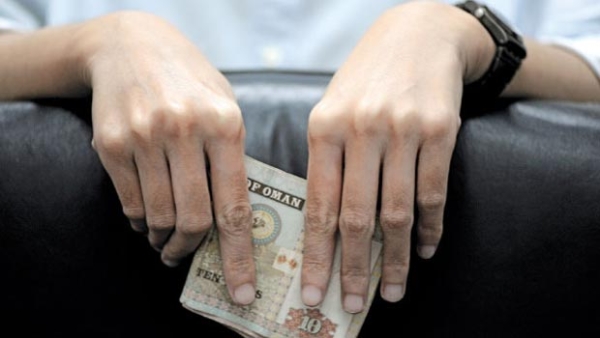
Muscat: Clarity on the value added tax law of the United Arab Emirates unveiled late last month is expected to provide a road map to the Omani regulations as they are not expected to significantly differ from each other, according to an official at Ernst & Young.
On March 21, the Ministry of Finance in UAE hosted a briefing for advisors where it provided substantial details on products and services that will be taxed or left tax free for consumers. The session sent an unambiguous message to businesses that VAT was inevitable and urgency is required to start preparation.
Although Oman has yet to announce its intention on date of implementation of VAT, products and services that would fall under it, experts believe UAE enunciating its plans on VAT could accelerate and influence Oman’s policies.
“The briefing provided by UAE is likely to shed light on Oman’s VAT plans. It will give Omani businesses a clearer picture of the UAE VAT plans and regulations. This could, therefore, accelerate Oman’s policy making,” Alkesh Joshi, Director of Tax at EY said detailing the EY tax alert on UAE briefing.
“Earlier healthcare and education services were expected to be exempted, but the session cleared that a zero rate will be applied to it, thereby allowing businesses to recover input VAT. Although hard to say that Oman will follow suit in everything or replicate everything, we can expect both legislations to remain relatively similar,” he added.
According to the GCC VAT framework, as soon as two countries in the GCC implement the indirect tax, time will begin ticking on other countries to implement it within one year to avoid negative economic impact on countries that have implemented it. Bahrain, Saudi Arabia and the UAE have all announced their intent to implement VAT by January 1, 2018, which would leave others including Oman with time up to January 1, 2019.
The GCC framework agreement would determine about 80 per cent of GCC domestic regulations while the remaining about 20 per cent is subjected to flexibility provided to individual GCC countries depending on each country’s national priorities.
According to EY alert, supply of commercial property and certain food items will be subject to standard rate in the UAE. Businesses with an annual turnover above $50,000 will be open to voluntary registration while a mandatory registration threshold of $100,000 will be maintained. The registrations for taxpayers with the VAT authority in the UAE will open towards the end of the third quarter.
Life insurance, supplies of land, investment in gold, silver and platinum and local transport are all expected to be zero rated.
At a GCC level, a list of basic food items have been agreed to be subject to the zero rate of VAT. The UAE does not have to apply this zero rate, and it advised that it intends to subject these food items to the standard rate of VAT.
The VAT treatment of supplies made within free zones and by free zone entities is still under final consideration and be will confirmed within the UAE VAT law and the Executive Regulations.
Supplies to the government and government bodies will be subject to VAT in the normal way, with government having to manage any reclaim or refunds.
VAT audits by the tax officers will generally be conducted only after five days advance notice, except where fraud is suspected. Where fraud is suspected a business may be closed down for 72 hours and penalties of up to 500 per cent may be applied on top of the primary VAT owing.